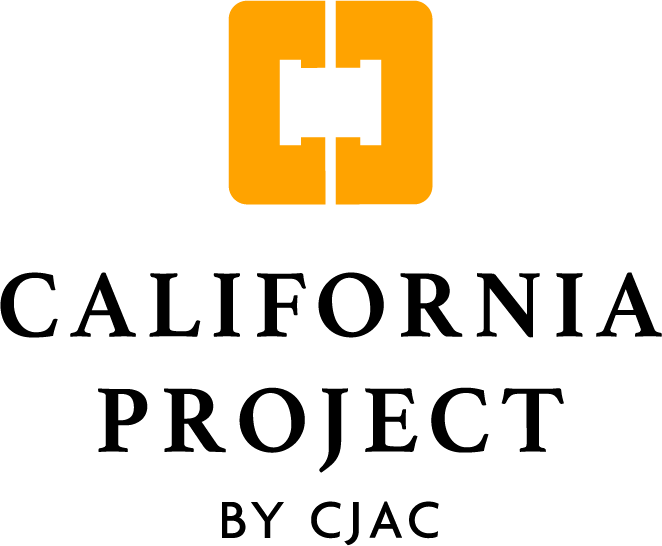California’s Private Attorney General Act (“PAGA”) (Labor Code
Sections 2698-2699.5) is often referred to by employers as the
“sue your boss law.” PAGA allows aggrieved employees to seek
civil penalties on behalf of the State of California and other
aggrieved employees for violations of the California Labor Code.
PAGA was intended to improve workplace protections for employees’
rights and safety.
While PAGA has increased enforcement activity around labor code
violations, it has also created a bonanza for trial attorneys and
has served to punish even good California employers with
penalties that can reach seven figures for retroactive violations
that did not meaningfully affect an individual’s employment.
Moreover, PAGA forces employers to cover the attorney fees for
the employees who sue them, greatly expanding the cost for even
the smallest of mistakes. This only serves to fuel the
ever-increasing number of PAGA claims and trial attorney firms
specializing in the growing PAGA industry.
Many PAGA violations are simple, innocuous technical errors or,
in some circumstances, an “error” that was a consequence of the
employee’s free choice (such as a flexible lunch break). In these
cases, the employee is not whom we traditionally think of as an
“aggrieved party.” Yet the consequences for employers for even
minor technical violations or a violation that is the result of
the employee’s free choice (such as choosing when to take their
lunch break) can easily wind up being millions of dollars in
liability. In addition to the liability employers face, these
expensive PAGA claims can force businesses to lay off other
employees and, in some circumstances, shut their doors
completely.
PAGA needs significant reforms to return the statute to its
original intent. It was never meant to be a vehicle for punishing
businesses for minor technical violations with liability in the
multimillions and giant fee awards payments to plantiffs’
lawyers.
